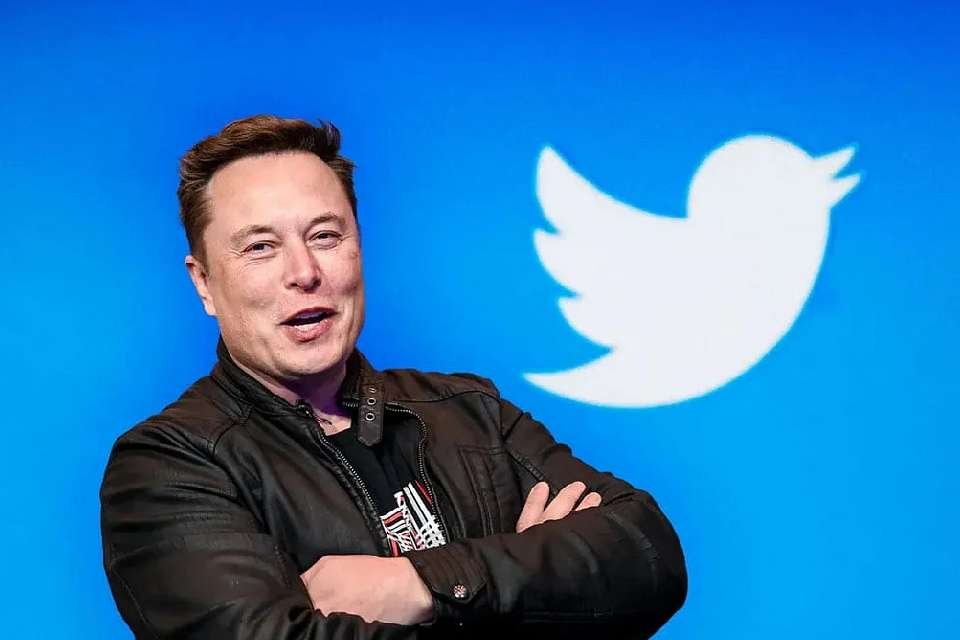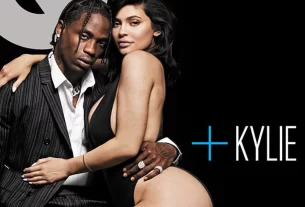
Weiss was worried that Musk’s brand-new “regime” on Twitter was “governed by its own whims and biases.” After independent journalist Bari Weiss asserted that the billionaire might be abusing his position as a Twitter owner, the two parted ways.
After journalists from CNN, The New York Times, and other outlets were temporarily barred from accessing their Twitter accounts, Musk caused outrage in the liberal media. Later, he said that journalists were “doxxing” him and his family by giving them the real-time location of possibly the most famous person on the planet and what he called “assassination coordinates.”
Musk likewise said that his child was trailed by a “insane stalker” who “later obstructed [the] vehicle from moving and moved onto [the] hood.”
Weiss took aim at Twitter for governing by “whims,” rather than responding to the allegations of doxxing. The old system at Twitter represented by its own impulses and predispositions and it sure appears as though the new system has a similar issue,” she wrote in remarks pointed at Musk.
When Musk appointed Weiss as one of his primary journalists for the release of the explosive “Twitter Files,” he surprised the media world. This led to criticism from reporters from The Washington Post and other outlets.
Weiss went on to say, referring to the suspensions of journalists on both new and old Twitter, “I oppose it in both cases.” Additionally, I believe that the journalists who were covering an important public story ought to be reinstated.
The old regime at Twitter governed by its own whims and biases and it sure looks like the new regime has the same problem. I oppose it in both cases. And I think those journalists who were reporting on a story of public importance should be reinstated.
— Bari Weiss (@bariweiss) December 16, 2022
Donie O’Sullivan of CNN, Ryan Mac of the New York Times, Drew Harwell of the Washington Post, Micah Lee of The Intercept, Steve Herman of VOA, Matt Binder of Mashable, Keith Olbermann of MSNBC, and Aaron Rupar of Vox are among the journalists who have been banned from Twitter.
On Twitter, some on the left expressed their outrage at Musk’s decision, describing him as a “hysterical tyrant.” Other users inquired: What has been going on with free discourse?”
In response to Weiss, Musk stated that the decision to suspend journalists was made for his young son’s safety: What should happen if you doxx someone’s precise, real-time location? As I did, make the assumption that your child is there.
What should the consequence of doxxing someone’s real-time, exact location be? Assume your child is at that location, as mine was.
— Elon Musk (@elonmusk) December 16, 2022
The following tweet was his response: Bari, this is not a rhetorical question at all. What do you think? Weiss hadn’t responded yet.
An account on Twitter that was created specifically to track Musk’s jet’s location was recently removed. “Criticizing me all day long is totally fine, but doxxing my real-time location and endangering my family is not,” the billionaire said on Twitter, adding that any account “engaged in doxxing” will be suspended for seven days.
In a thread, Weiss, whose “Twitter Files” made her one of this year’s biggest tech stories, elaborated on her criticism of the journalist suspensions. She stated in response to claims that because Twitter is a private company, it is not subject to the same restrictions imposed by the First Amendment as the government. “I have never been swayed by the ‘Twitter is a private company’ argument,” she said. “Any unelected individual or clique should have this kind of power over the public conversation,” she also openly questioned.
Christopher Rufo, a fellow at the Manhattan Institute, said that “Twitter needs a clear, consistent set of rules, applied transparently and with the possibility of appeal,” which was in line with Weiss’s assertion.
He proceeded: ” The majority of bans ought to be temporary, and free speech ought to be allowed. With a wide range of opinions and clear guidelines for moderation, the platform is better.”
Musk got personal later that afternoon: ” To keep one foot in both worlds, you are virtue-signaling rather than rigorously pursuing the truth in order to demonstrate that you are “good” in the eyes of the media elite.
When Elon Musk began using his power to censor the press on Thursday, his ownership of Twitter entered a terrifying new phase. A number of journalists’ Twitter accounts were suspended because they had recently reported critically on Musk, or done their jobs.
By sharing his “exact real-time” location, Musk accused the journalists of violating the platform’s policy against doxing, or posting private information online. However, none of the reporters who were expelled appeared to have done so, including CNN’s Donie O’Sullivan and The Washington Post’s Drew Harwell. CNN contacted Musk and Twitter for comment, but they did not respond.
The most recent developments make it abundantly clear that Musk tends to run this business in a manner similar to that of dictators: by hurriedly getting rid of people who stand in his way and making choices that are in his own best interest rather than the public’s. As a result, journalists and tech workers who have lost their jobs in recent weeks ought to work together to establish non-profit social networks that serve the public interest.
Twitter has been used by so many people all over the world for years as a town square, a place where people can openly discuss issues. Of course, only 23% of Americans use Twitter, and the Pew Research Center found that 97% of tweets come from the top 25% of users based on volume. However, Twitter conversations appear to have a significant impact on what reporters and other individuals discuss offline, so these users have a significant impact on the public debate.
But keep in mind that Musk, who describes himself as an absolute believer in free speech, suggested last month, before these journalists were de-platformed, that he could sue activists he believes caused advertiser boycotts of Twitter. Users won’t be able to discuss solutions to society’s problems, including those brought on by the platforms they’re arguing about, if they can’t hold those in power accountable.
Rather than rigorously pursuing truth, you are virtue-signaling to show that you are “good” in the eyes of media elite to keep one foot in both worlds
— Elon Musk (@elonmusk) December 16, 2022
People should also be able to find reliable information in a healthy town square. But researchers at Tufts University recently discovered that before Musk took over, there were “an order of magnitude more” tweets refuting hate speech and false information.
Twitter is also a crucial platform for grassroots journalists to share their reporting on issues affecting the well-being of their communities, especially since many of them now operate on a shoestring budget due to the shift of advertising funds away from local journalism and toward online platforms. Make no mistake, then: We are all put at risk by the fact that reporters can simply be kicked off the platform if they upset Musk.
After Twitter announced on Monday that it was disbanding its Trust and Safety Council, a group of outside experts who advised the company on topics like human rights, child sexual exploitation, and mental health, the account suspensions followed.
It is abundantly clear that Musk’s Twitter cannot serve as a secure and open forum. We need brand-new social networks that are not for profit and are run by boards that have to take the public’s interest into account when making important decisions about community standards and content moderation. Also, large numbers of individuals who have these abilities have quite recently been laid off from their positions.
There have been layoffs at a number of tech and journalism companies recently, including Facebook and CNN, with more coming at The Washington Post. These layoffs are in addition to the mass exodus from Twitter that has occurred since Musk’s takeover. In order to provide the truly open town hall that we so desperately require, some of these professionals ought to collaborate on the creation of new social platforms.
The most recent moves Musk has made in power are absolutely perilous. Tech and journalism workers who have recently lost their jobs should use it as a rallying cry to work together to create new, healthier online spaces. We don’t have anything to lose with the exception of our reliance on an irregular, prideful ruler to set the conditions of our public discussions.


